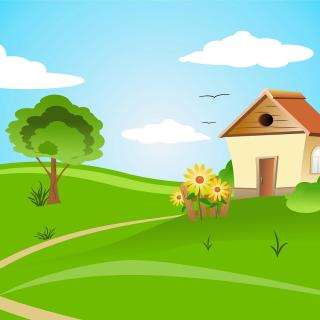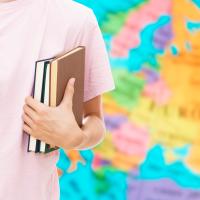Romania: Approval of the Methodology for the organisation of the Green Week programme

The national programme “A different kind of school” and the programme “Green Week” take place in intervals of five consecutive working days in the period 27 February - 16 June 2023, as planned by schools themselves. The two programmes should not take place during the same period of classes. In the Green Week programme, educational activities are carried out so as to contribute to the prevention of climate change and to environmental protection.
Participation in the Green Week programme is compulsory both for children and pupils, and for teachers. The activities may be carried out at school or outside school but they have to comply with the legal requirements concerning children’s safety during the activity. According to the document, every school appoints a programme coordination team and sets the calendar for the Green Week.
The duration of the Green Week programme is five consecutive working days during the school year. In the period allocated to the programme, classes don’t take place according to the usual schedule. The programme is delivered in accordance with a special schedule on each of the five days.
The programme helps ante-preschoolers/ preschoolers/pupils developing skills related to the interdisciplinary and transdisciplinary exploration of their surroundings and forming responsible behaviours with regard to the environment by developing their capacity to:
- understand and use basic notions referring to the environment and climate change, so that they can become aware of climate change as an emerging problem of mankind and understand the measures taken to fight it;
- understand environmental legislation and the role of authorities, institutions, companies, non-governmental organisations and other actors in fighting climate change and protecting the environment;
- understand climate change in a global context, systemically and in connection with other fields/issues/ topics, such as: the irresponsible use of natural resources, pollution, food waste, management of waste, sustainable consumption and production, biodiversity, forests and life on land, water and life in seas, natural disasters, green energy, social justice;
- explore/search the surroundings and relate positively to the natural environment;
- make decisions and act every day taking into account the impact on the planet, embracing a behaviour meant to protect and improve the quality of the environment, including for the responsible use of natural resources;
- adjust to extreme weather phenomena and react to potential natural disasters;
- initiate and carry out civic actions, individually and/or in a team, for fighting climate change and protecting the environment;
- participate, in the future, in the development of public policies and the development of new technologies which contribute to fighting climate change and protecting the environment.
The Green Week programme contributes to educational objectives in the areas of science, technology, engineering, arts and mathematics (STEAM) offering a significant context for experimenting, where both teachers and ante-preschoolers/preschoolers/pupils are encouraged to show their creativity and interweave, in an appealing way, the theory with its applications in everyday life.
In the period allocated to the Green Week programme, schools may carry out educational activities such as, without being limited to, lessons in nature, debates, role-playing, taking pictures, exercises of participative construction of scenarios for the future, watching documentaries, experiments, living libraries, forum theatre, legislative theatre, community service projects, volunteering, expeditions and trips to natural parks and protected areas.
More information: https://www.edu.ro/sites/default/files/_fi%C8%99iere/Legislatie/2023/Anexa_OM_3629_2023_Metodologie_Saptamana_Verde.pdf
Source: Eurydice Unit Romania




